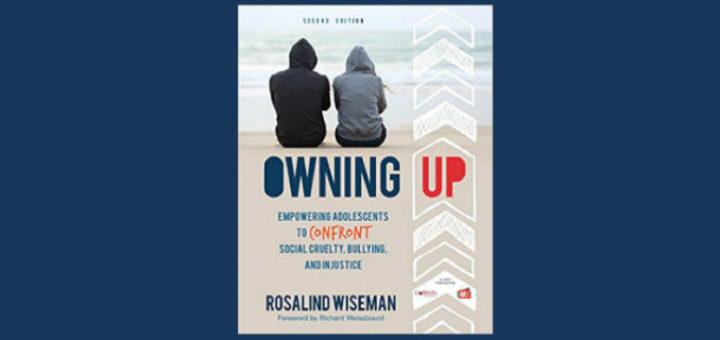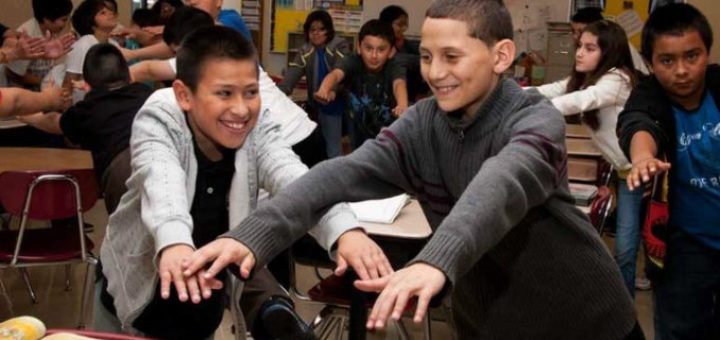Getting Middle Schoolers Ready for HS Writing
Amber Chandler envisions her middle schoolers as cupcakes in the making as she considers the need for teachers to support each other from elementary through graduation. Read about ways she’s strengthened her unit on The Giver to emphasize high school writing skills.






















